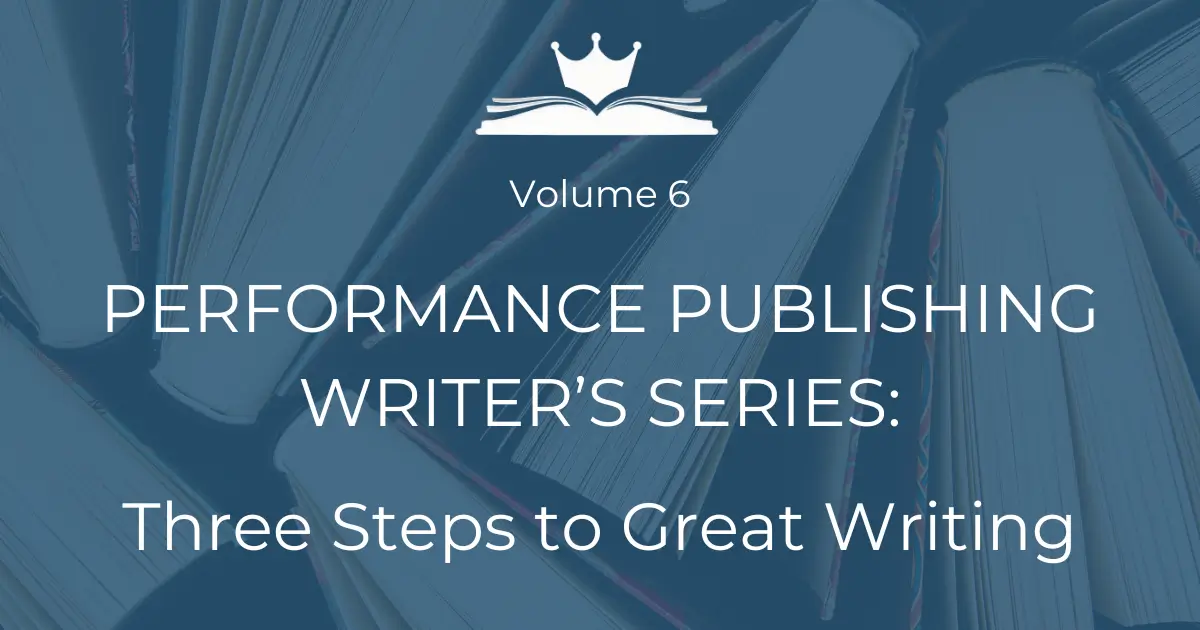
Writing isn't magic. It's hard work, but it can be made simpler with a reliable process. Let’s unpack a straightforward yet powerful formula that many great writers swear by: Draft, Incubate, Edit. If you've ever felt lost looking at a blank page or struggled to polish a piece until it shines, this is your roadmap. We’ll start with the draft, your chance to pour out all your ideas, followed by the incubation period, a crucial step for fresh insights, and we’ll cap it off with editing, the phase where good writing is refined into something great. Let’s break down these steps and learn how to use them to your advantage.
The Draft - Pour It All Out
Think of the first draft as a brainstorming session with your keyboard. It's not about perfect sentences or clever words—it's about getting your thoughts out of your head and onto the screen. Keep your fingers moving and let the ideas flow. Don’t edit as you go; the goal here is volume, not quality. The best part about a first draft is its potential. What looks like a mound of raw, unrefined thoughts can be the goldmine from which your story emerges. Don’t worry if it’s messy or doesn't make complete sense yet. Remember, nobody has to see this version but you. So, ignore that inner critic and just write. Turn off any distractions that might impede your flow. If you find yourself stuck, move on to the next part and back fill later. The important thing is to keep the momentum going.
The Incubation Period - Let it Sit
Once you've got your draft down, step away. That’s right, leave it alone. Go do something else. Take a walk, have a snack, or even better, sleep on it. This break is your incubation period. It's like letting dough rise. Your subconscious will continue to work on the piece, sorting through ideas and making connections you might not consciously realize. You're giving your brain the space it needs to come up with new ideas and see things more clearly. During this time, it’s not uncommon to have sudden insights or solutions to problems that seemed insurmountable before. Keep a notebook handy because 12these revelations can come at the most unexpected times. When you come back, you'll have fresh eyes and maybe even a new perspective.
The Edit - Make It Shine
Editing is where the real magic happens. Most great writers aren’t great writers at all. They are great editors! This is your time to be tough, to cut the fluff and make every word count. Read through your draft and ask yourself, "Does this sentence move my story forward? Is this clear?" Be diligent in seeking out redundancies and be open to rearranging sections for better flow. Be ruthless in your pursuit of simplicity and clarity. If a sentence isn't pulling its weight, it's got to go. This is the stage to focus on the rhythm of your writing as well. Read your work out loud to ensure it sounds natural and engaging. This is also the time to fix those grammar hiccups and spelling errors. By the end of this stage, you should have a piece that's tight, bright, and ready to delight.
Great writing isn’t born—it’s built. It’s a cycle of drafting, stepping back, and then diving in to refine. This formula of Draft, Incubate, Edit is a tried-and-true method that works whether you’re a seasoned author or just starting out. Give it a try with your next writing project. Draft quickly, give yourself some time, and then edit with energy. And who knows? You might just surprise yourself with how good your writing can be.



